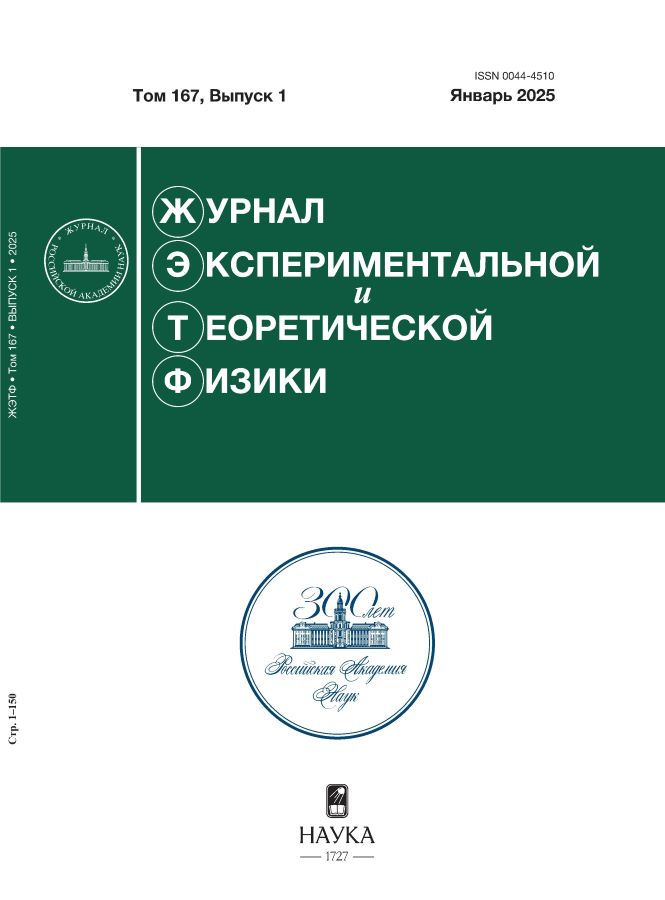SUPRATHERMAL ELECTRON TRANSPORT IN WEAKLY AND STRONGLY MAGNETIZED ASTROPHYSICAL PLASMAS INCLUDING COULOMB COLLISIONAL EFFECTS
- Autores: Ha J.1
-
Afiliações:
- Korea Space Weather Center, Korea AeroSpace Administration
- Edição: Volume 167, Nº 1 (2025)
- Páginas: 129-140
- Seção: STATISTICAL AND NONLINEAR PHYSICS, PHYSICS OF "SOFT" MATTER
- URL: https://bioethicsjournal.ru/0044-4510/article/view/683899
- DOI: https://doi.org/10.31857/S0044451025010110
- ID: 683899
Citar
Texto integral
Resumo
This study examines electron transport in astrophysical plasmas mediated by Coulomb collisions and collisionless wave-particle interactions, using a kinetic transport model that incorporates spectral evolutions through these interactions. It investigates the transport of suprathermal electrons via whistler turbulence and the effects of plasma magnetization. Key findings indicate that in strongly magnetized plasmas, diffusion timescales in pitch angle space become saturated at large pitch angles, independent of increasing magnetic field strength. Conversely, in weakly magnetized plasmas, these timescales decrease with decreasing magnetic field strength, enhancing electron transport in velocity space. The study also identifies minimum conditions for resonant scattering, dominated by wave-particle interactions over Coulomb collisions, which depend on Coulomb collision effects and the power-law slope of the whistler turbulence spectrum. These findings have applications in weakly magnetized astrophysical plasmas, from the relatively strong magnetic fields of the interplanetary medium to the very weak magnetic fields of the intracluster medium.
Sobre autores
Ji-Hoon Ha
Korea Space Weather Center, Korea AeroSpace Administration
Autor responsável pela correspondência
Email: hjhspace223@gmail.com
Jeju, South Korea
Arquivos suplementares









